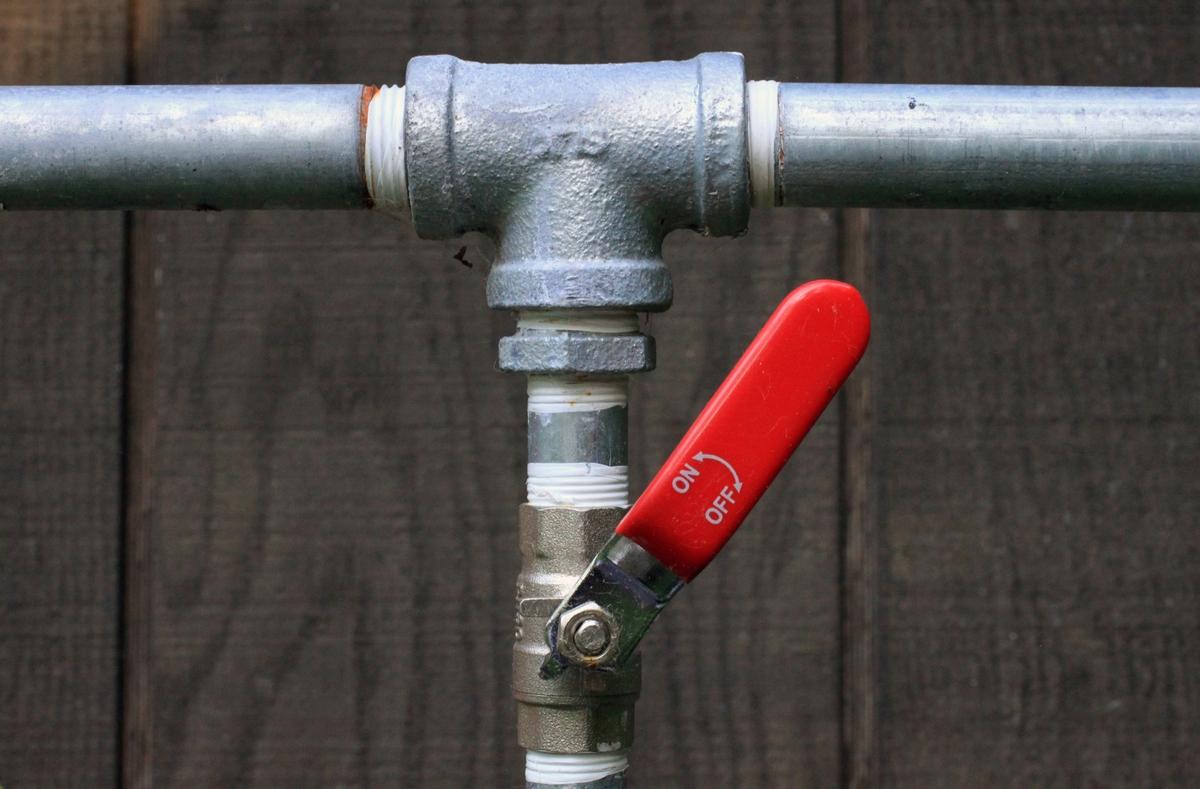Running a business, rental property, or commercial property
puts quite a pressure on the owner to make sure all facets of these ventures
are functioning properly. And in both these cases, the list of things that can
go wrong is truly staggering.
Plumbing issues are not always one of the most commonly
discussed factors, but, at the same time, they can, if left unchecked, cause
the most severe cases of property damage.
What makes this situation even worse is the fact that as
devastating as they are, plumbing problems are very hard to detect before they
blow out of proportion.
The solution to this problem, like always, lies in thorough
inspections and devoted preventive maintenance. Let us take a look at a couple
of tips and suggestions that should help you deal with these issues easier.
Educate workers and tenants
Although they can drastically vary in nature, a great deal
of plumbing problems can be traced back to clogged this or that. That is why,
if you want to avoid dealing with plumbing emergencies at your workplace, you should cut most of these
problems at their root by simply educating people who are going to use your
property about what types of materials can be safely disposed of and where.
People don't clog the drains out of malice “ they generally
don't know the specifics of each plumbing system they use. Displaying reminders
about proper disposal can go a long way in putting your worries to rest.

Learn the pipe layout and shut-off valves' locations
Both these things will help you, if not to fix the problems
you are dealing with immediately, then at least to keep the situation under
control and prevent excessive property damage until the professionals finally
kick in to solve the issue.
If you are familiar with the plumbing and pipe layout and
know which valve shuts off what, you can easily stop the running water with
only a good wrench and a couple of minutes of your time. If you display these
things publically, like in the previous case, you can reduce response times
even further and allow tenants and workers to lend you a valuable hand.
Keep an eye on the silent leaks and hidden problems
Silent leaks can plague your properties for years upon years
before finally escalating into a full-scale plumbing emergency. Of course, at
that point, the property damage is too severe and gallons of water are already
wasted. But, how then to identify those, so-called ˜silent leaks?'
Well, keep an eye on your water bills and common signs of
water damage, low water flow, water stains, and rusty pipes. If these issues
keep popping back even if you haven't changed anything in your routines, it is
time to start looking for leak detection professionals and see where these common issues originate from.

Perform regular inspections
Of course, silent water leaks mean that some damage has
already been done. You should be far more proactive than waiting whole years
for signs of the water damage to start showing their face. If you want to keep
your plumbing in check, the answer comes in the form of quarterly inspections.
Start this routine by flushing the toilets and sinks and
checking the water pressure around the premises. When you are done, you can
proceed to valves and pipes, and assess the condition of your water heater. To
prevent scalding the temperature should never go above 120° Fahrenheit.
Master the basic plumbing chores
Some plumbing works like pipe relining and installing new
fixtures will obviously require professional help. But, on the other hand, you
would be surprised just how many basic plumbing works you can DIY.
We are talking about things like unclogging the drains and
toilets, replacing the faucets and showerheads, replacing the caulk, and so on -
doing these things on your own can save you a lot of time, money, and goodwill.
Keep in mind, though, that depending on local regulations, some upgrades will
require professional help so be sure to check them out before doing anything.
Keep detailed documentation of all previous works and upgrades
No matter whether you are going to perform the fixes
yourself, or you are going to call professional plumbers, keeping a detailed
record of all previous issues, fixes, and upgrades will make identifying
problems so much easier.
Since water bills are useful for identifying silent leaks
you can keep them in your record as well. As an added benefit, we would like to
point out that detailed documentation is not only useful for performing quick
fixes but also for noticing usage patterns and planning future upgrades.
Leveraging these two things will help you run your properties with optimal
efficiency.
These were the top six useful tips
that should help you keep your commercial, business, and rental properties in
pristine shape and avoid heavy expenses that are the result of water damage.
Sure, these couple of
suggestions are only the tip of the iceberg, and there are a lot of smaller
nuances you will learn along the way. But, they should definitely nudge you in
the right direction. And from that point on, you can only keep improving your
management and maintenance practices.
By Brigitte Evans


